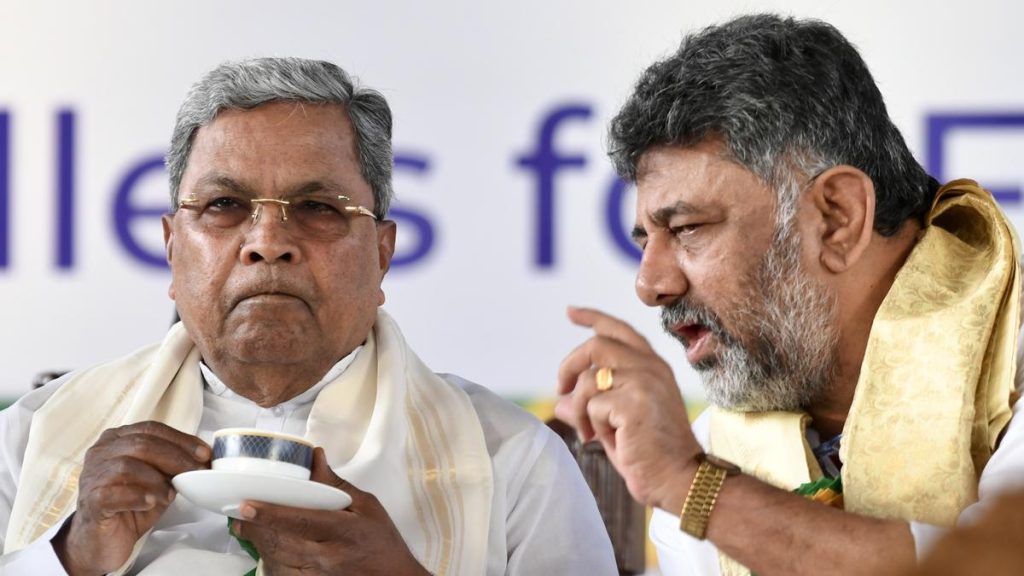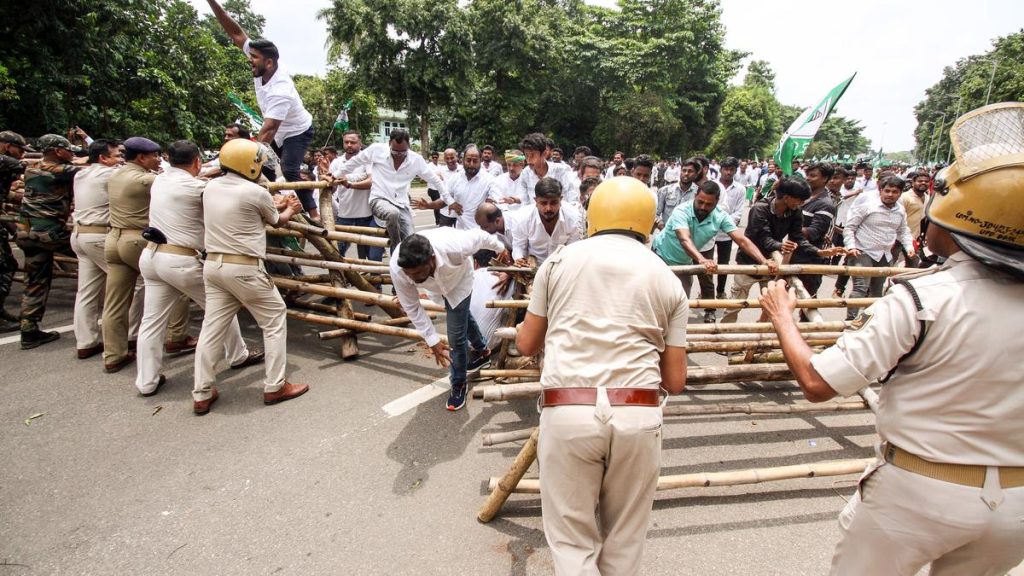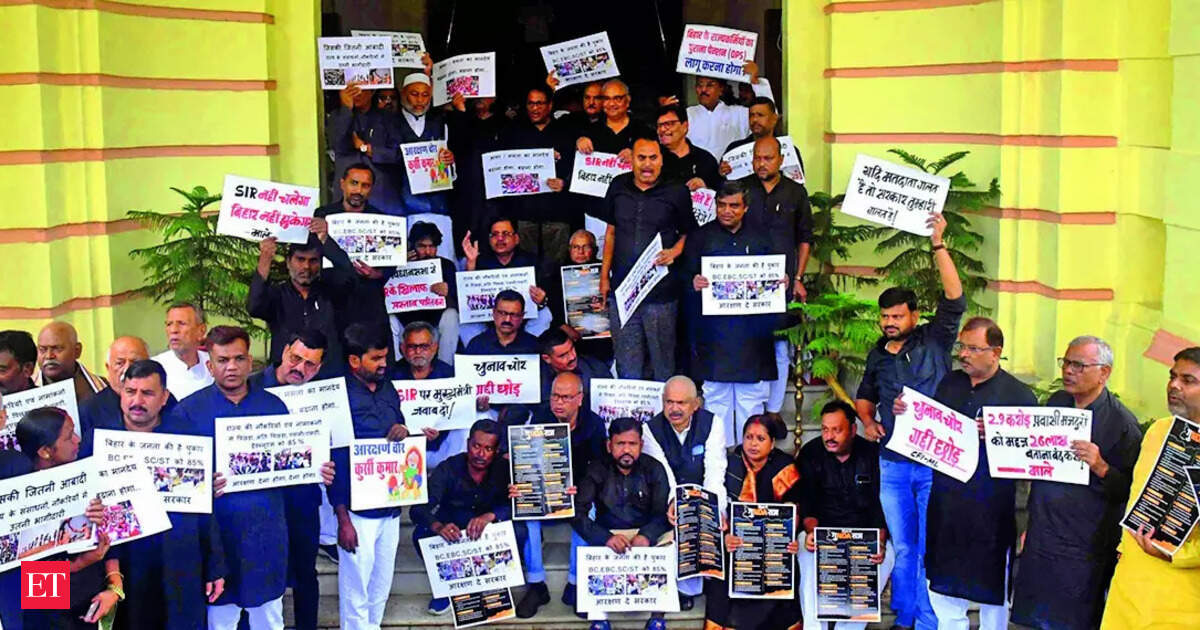Now Reading: Are Rivals Shaping Your Future in Crypto?
-
01
Are Rivals Shaping Your Future in Crypto?
Are Rivals Shaping Your Future in Crypto?

Quick Summary
- IndiaS cryptocurrency service providers must obtain a ‘fit and proper’ certificate from existing Virtual Digital Asset (VDA) service providers for registration with the Financial Intelligence Unit (FIU), per a January 2025 directive.
- This requirement stems from efforts to curb money laundering and ensure compliance with the Prevention of Money Laundering Act. FIU operates under the Ministry of Finance.
- Unlike other financial sectors where regulators like RBI or SEBI issue such certifications, VDA SPs assess competitors without defined parameters or standards.
- Legal experts argue this approach risks conflicts of interest, arbitrary decision-making, and disclosure of sensitive information to competitors.
- Industry insiders suggest that government-recognized Self-Regulatory Organizations (SROs might provide better alternatives for issuing certifications while addressing cyber threats linked to cryptocurrencies.
- Concerns include potential misuse of cryptos in cyberattacks and cross-border illicit transactions. Over the past year, two Indian crypto exchanges faced meaningful breaches.
Image:
!Cryptocurrency
Indian Opinion Analysis
The concept behind requiring ‘fit and proper’ certification appears well-intentioned-aiming to instill integrity in Virtual Digital Asset Service Providers while ensuring compliance with anti-money laundering laws. however, this rule raises critical issues: handing assessment power to competitors introduces potential biases, lacks clarity due to undefined criteria for evaluation, and risks undermining fair competition.
Legal critiques indicate such vague regulatory mandates could face legal challenges if contested by affected parties as arbitrary or inhibiting market entry unfairly-especially given India’s aspirations as a global hub for blockchain technology innovation. Balancing operational security against fostering competition is crucial; industry concerns regarding cyber vulnerabilities further emphasize that regulations should prioritize robust oversight frameworks issued by government-backed entities rather than peer certification models prone to conflicts.
While these measures aim at mitigating financial crimes associated with cryptocurrencies-a notoriously complex domain-they underscore India’s urgent need for comprehensive legislation covering VDAs more comprehensively beyond patchwork solutions reliant on peer assessments.

























